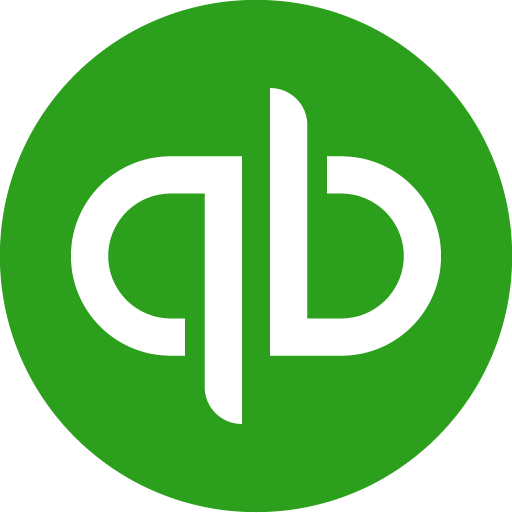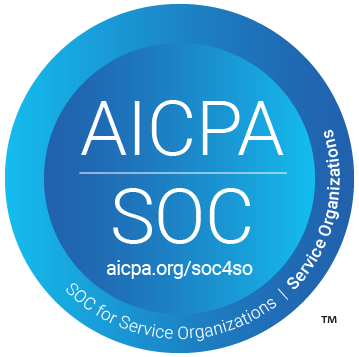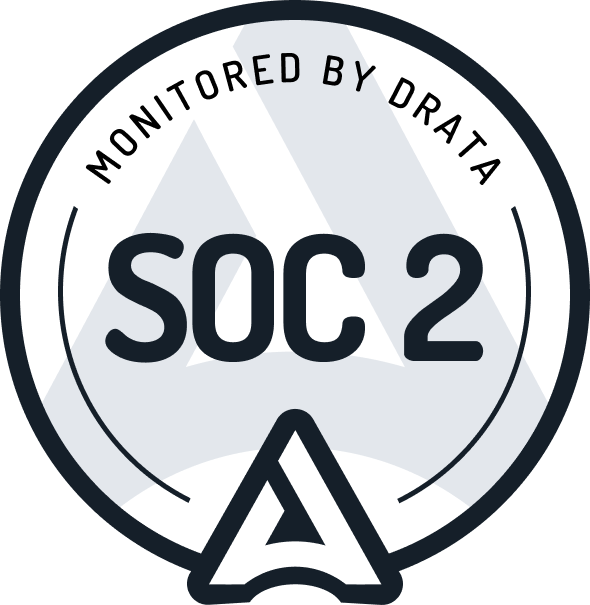Starting and running a small business is no small feat. Whether you’ve been around for a while or are just starting out, chances are you hardly have a spare minute. So, the best thing you can do for yourself, and your business is to streamline and automate as many processes as you can.
When it comes to small business finance, there are many things you need to keep track of – but there are a few that are absolutely critical. Let’s take a look at what they are.
1. Cashflow
You might think that sales, revenue and profit are the most important numbers on your balance sheet, but actually, it’s cash flow.
You can have a very healthy order book and lots of work in progress, but if you’re not collecting payments and keeping cash flow positive, you could still go out of business.
To be cash flow positive you need to have more money coming into your business than you have to pay out. This ensures that you can pay your bills on time, buy materials, pay salaries and keep vendor accounts in good standing.
If your business is cash flow negative, that means you are paying more money out than you are receiving. This could be because of overspending, but it could also be simply because collections are falling behind.
There are several ways you can improve your cash flow, including:
- Being more careful about who you extend credit to
- Get deposits or payments upfront for more of your orders
- Negotiate longer payment terms with your own suppliers
- Set clear payment rules with your clients and stick to them
- Ensure that your billing processes are correct – an invoice sent to the wrong address or person could derail your accounts payable list if it is a big customer or order
2. Stick to the Basics
Most business owners don’t know a lot about accountants. That’s okay. You’re not expected to know everything about finance, and that’s why you hire a bookkeeper, accountant or finance officer. However, there are a few accounting basics every business owner and manager should know – and your accountant or financial team will thank you for implementing them!
Get a Separate Business Bank Account
Even if you are not legally required to yet. It will make keeping your personal and business finances separate a whole lot easier.
Use Cloud-Based Accounting Software
Platforms like QuickBooks are very affordable and are easy to use and understand. If you extend them with tools like LiveFlow, you can get even easier and more user friendly reports from your finance team! So, you can always stay on top of the highlights of your profit and loss, cashflow and balance sheet, without having to learn a new program.
Get Professional Help
As soon as you can, hire a professional to help you with your business finances. Even if you can only afford a part time bookkeeper and an accountant to do your quarterly and annual reports and returns, it will take a lot off your plate. There are many options you can try to get professional accounting help that doesn’t require you to hire extra staff if you’re not ready yet.
3. What Does It All Mean?
Even if you’re a shrewd businessperson who is at the top of your game, it can be daunting to try to make sense of accounting and finance terms. It’s one of the most jargon-heavy industries out there, and if you’re not part of the “club” you might find yourself drowning in unfamiliar terms! Here are some of the most important financial terms you need to know:
4. Forecasts and Projections
Perhaps the most difficult thing to master in small business finance is projections and forecasting. While it’s important to track what has already happened with your finances, it’s even more important to know what’s going to happen next. This allows you to plan and structure your finances to make the most of every opportunity and also alerts you if there’s a problem somewhere.
There are several accounting tools and processes that are used to look into your financial future, including:
- The balance sheet – a complete list of your assets, liability and equity, which gives you the literal “bottom line,” which is your business’s net worth
- Profit and loss statements – can tell you what you are making or losing now, but also, based on some assumptions, can tell you how you might be doing in a year, two years or five years
- Cashflow statement – cashflow is the literal lifeblood of your business, and in your projections, it will tell you what you might expect in future, based on a variety of parameters and assumptions
- Breakeven analysis – every business needs to make a certain number of sales in order to breakeven, which is the point where you are neither making nor losing money
All forecasts and projections are based on assumptions, which can be hard to do if you’re just getting started. However, if you’ve consistently grown by a certain percentage over a few years, you could probably assume that if you keep doing what you are doing, you could expect the same kind of growth. That will give you a baseline for your assumptions.
You can also try different input parameters with your forecasts and projections, so you can see what might happen if you grew more or less, or if something else changed. Even small changes to your basic figures can have a profound effect, so it’s worth doing a little experimenting.
5. Manage Debt
Debt is scary, whether it’s personal or in business. However, most businesses need to carry at least some debt to keep going. Sometimes it’s a loan you used to start your business, or it might just be whatever you owe your creditors. There are few simple tips you can use to manage business debt better:
- Save as much as you can – having some cash on hand when things go wrong can make all the difference, so save early and save as much as you can
- Review spending often – there are always places you can cut costs, so make sure you review your spending frequently and cut wherever you can
- Increase revenue – whether that means making more sales or increasing your prices, more money in the pipeline is always a good thing
- Review and renegotiate – whether it’s loans, prices from competitors or your payment terms, review them often and always ask if there’s a better deal to be had
- Be a good customer – keeping your business credit score good will help if you ever need to lend money
Keep Calm and Get Automated
Hopefully, these tips have helped to identify some basic steps you can take to improve your small business’s financial management. They’re all very important to long term business success.
However, there is something that’s even more important: staying on top of it all.
Accounting and bookkeeping tasks can sneak up on you very quickly. A few days where you’re too busy to get things done is all it takes to have you drowning in accounting tasks.
The best thing you can do to prevent being overwhelmed is to automate as much of your financial process as possible. LiveFlow and QuickBooks is a small business accounting system made in cashflow heaven. So, if you’re just treading water, it might be worth giving them a try. It’ll save you time, get you more organized, and give you more time to work on your business, rather than your books.



.png)





